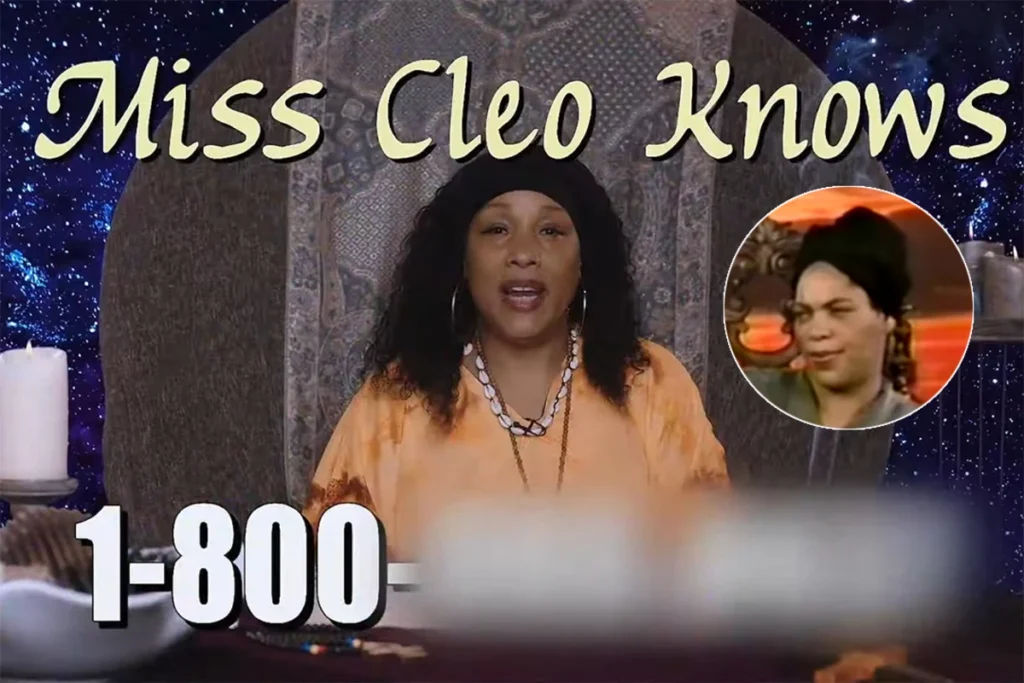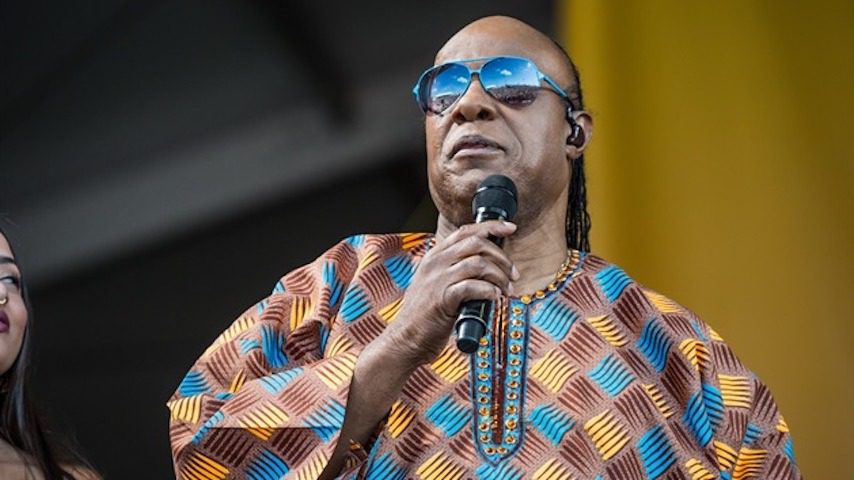One of the big stories of 2021 has been the growing emergence of younger African-American musicians working under the Americana umbrella. They’re exploring America’s rural-music tradition whether they emphasizes the blues of Robert Johnson and Mose Allison, the gospel of Pops Staples and Ralph Stanley, the country of Hank Williams and Charlie Pride, the string-band music of Bill Monroe and Howard Armstrong, the Cajun/zydeco of Dewey Balfa and Clifton Chenier, or the singer-songwriter folk of Woody Guthrie and Leadbelly. This new wave was prominent at the Newport Folk Festival in July and will be so again at Nashville’s Americanafest September 22-25.
There are many reasons to celebrate this movement—let’s call it Afro-Americana. It refutes the notion that African-Americans are an exclusively urban community by acknowledging Blacks’ largely rural past and smaller but still significant rural present. It reminds us of the crucial Black contributions to such predominantly White genres as country, folk and bluegrass. And it liberates African-American musicians from the straitjackets of contemporary hip-hop and R&B and gives them a road atlas worth of paths to follow.
Even as we celebrate these developments, however, we should never forget the distinction between kind and value. To accurately describe an artist as working within one of Americana’s traditions—blues, country or whatever—tells us nothing about the quality of the work. The resulting music might be thrilling; it might be boring, but it remains Americana nonetheless. This is as true for African-Americans as it is for European-Americans.
To assume that Blacks can’t create inferior Americana music is just as racist as assuming that they can’t create superior Americana music. Such assumptions dehumanize the musicians by denying their ability to make individual artistic decisions about what lyrics to write and what notes to play, choices that might determine the quality of the songs they make. If they don’t have a real chance of failing, how can they deserve credit for succeeding?
And when we look at the flood of Afro-Americana albums released since the beginning of the pandemic, there is indeed a broad spectrum of results. A handful of geniuses—Rhiannon Giddens, Valerie June and Charlie Crockett—sit at the top. Just below them are a group of fast emerging talents: Sunny War, Yasmin Williams, Joy Oladokun, Queen Esther, Yola and Kingfish. Below them is a large crowd of the flawed and mediocre. And here’s the most important point: African-American artists sort into these tiers in almost the exact same percentages as European-Americans.
This column has already discussed in detail some of the best recent Afro-Americana albums: Valerie June’s The Moon and Stars: Prescriptions for Dreamers, Sunny War’s Simple Syrup” and Yasmin Williams’ Urban Driftwood. So we’ll just recommend them again and mention that June has been nominated for Best Album and Best Song at the Americanafest, and Williams will be showcasing there.
This year’s best Afro-Americana album, however, is Rhiannon Giddens’ They’re Calling Me Home, her second as a duo with her Sicilian boyfriend Francesco Turrisi. Once again the combination of her lustrous mezzo and his virtuosity on folk instruments from Italy and nearby creates a gorgeous sonority, one rippling with sinuous rhythms and stacked with sympathetic harmonies. As the African and European folk traditions embrace, as they so often do in the Mediterranean and in North America, the beauty of the sonics is enhanced by the weight of that history.
On this project, that sound is applied to folk songs from Appalachia and Italy, to “Amazing Grace” and “O Death,” to a Civil Rights anthem and a Monteverdi madrigal. The uncluttered arrangements may sound simple, but such clarity and balance are not easy to achieve. And when an extra instrument is needed to complete the bouquet, the duo calls on Irish piper Emer Mayock or African nylon-string guitarist Niwel Tsumbu. The result is a world-music masterpiece in the truest sense of the genre.
Charley Crockett (Courtesy of Son of Davy Records, Photo by Bobby Cochran)
Charley Crockett is releasing two albums this year: last spring’s 10 for Slim: Charley Crockett Sings James Hand and this fall’s Music City USA. The latter is a 16-track, two-LP set of mostly original songs, a utopian fusion of classic country and classic R&B. Crockett calls it “Gulf & Western Music,” a blending of East Texas honky tonk and Houston jump blues as minimalist in their compact vocal lines and stripped-down arrangements as they are maximalist in their emotional impact. Providing the glue for the fusion is that tricky syncopation, that little skip-and-sit rhythm that prospers in Louisiana and Texas near the Gulf of Mexico.
Crockett has studied his sources well, as he proves on this spring’s tribute to James “Slim” Hand, an old-school honky tonker who befriended Crockett in Dallas and taught him how to put across longing and heartbreak with no frills and hair-raising twang. He’s applied those lessons beginning with his long-delayed debut album in 2015; he’s been making up for lost time ever since: Music City USA is his 10th album in six years. It’s also one of his best (along with Lonesome as a Shadow and The Valley).
The title track of the new album describes a newcomer to Nashville who can never get comfortable there. Like a lot of these songs, it blurs the borders between personal problems and social problems, suggesting that race, class and geography can complicate relationships and vice versa. This theme reaches its climax in “The World Just Broke My Heart.” As a small-town kid talks to a big-city bartender, he explains how it all ganged up on him: employers, women, landlords, strangers on the street. Over the pedal steel and subtle Texas swing, Crockett keeps his dignity even as he teeters on despair. It doesn’t get any better than that. He’s up for the Best Emerging Artist Award at the Americanafest.
Yola, who performed at both the Newport Folk Festival and the Newport Jazz Festival this year, is such a chameleon that she’s hard to pin down to a particular genre. Her impressive solo debut, 2019’s Walk Through Fire, was a genuine Afro-Americana project, a surprising country-soul hybrid by this big-voiced woman who talked with her native British accent but sang with a Southern American twang. She garnered a lot of press for this uncanny fusion, and then tossed that out the window for her sophomore record, produced like the first by the Black Keys’ Dan Auerbach.
Released in July, Stand for Myself abandoned those country flavors in favor of an anthemic pop-soul that recalled ABBA and Donna Summer. At Newport, Yola reinforced the point by covering songs by Elton John and Jill Scott, calling each singer “one of my favorites.” It was a risky gamble to ditch the Americana flavors that got her so much attention, but she wins the bet because her titanic voice is so warm and personable that it can make any material appealing.
Her voice is so good, in fact, that she doesn’t have to rely on diva tricks to grab an audience. If you listen closely, she uses note-bending embellishments only between lines, never when she’s singing actual lyrics. As a result, the story she’s telling is always clear, and the chorus hooks invite singing along. New songs such as “Starlight,” “Diamond-Studded Shoes,” “If I Had To Do It All Over Again” and the new album’s title track are all arena anthems waiting to happen, with earworm hooks, simple sentiments and a voice as open-hearted as it is lung-powerful.
Joy Oladokun, who has a songwriting credit on Yola’s latest project, also sang songs from a new album at the Newport Folk Festival. On her website, Oladokun is described as a “Delaware-born, Arizona-raised, and Nashville-based Nigerian-American singer, songwriter, and producer.” For someone who often writes about struggling as a gay teenager in a conservative immigrant church within a white Arizona community, her songs are impressively universal.
That she’s working as a songwriter in Nashville is a measure of her ambition and her talent. That she co-wrote and co-sings the song “Bigger Man” with country star Maren Morris is a measure of her professional success. That it’s hardly the best song on her new 24-song album, In Defense of My Own Happiness (Complete) (a remarkable expansion of last year’s In Defense of My Own Happiness (Beginnings), is a measure of her artistic success.
As a young, still evolving artist, she is still a bit inconsistent, but her instincts are sound. She doesn’t preach, but rather invites the listener along on a questioning search for answers. She doesn’t settle for generalizations; she finds sharply focused images to convey her feelings. Doubts are like cracks in a stained glass, she sings; they vanish if you step back far enough. Smoke from a neglected, smoldering joint stands in for the cloudiness of her plans. She sees God in a man with tattooed teardrops; a relationship falls apart like a paper bag being torn. A reluctant lover withholds her shine and provides only shade.
Better yet, she knows the value of understatement, both in her vocals and arrangements. She never pushes herself at the listener but instead invites one in. Even when she adds strings or horns, they hover in the background, merely adding flavor to the narrative. As fine as the new album is, Oladokun gives every sign of having even better records ahead.
Queen Esther has lent her voice to such jazz bandleaders as James “Blood” Ulmer, Elliott Sharp and J.C. Hopkins, but on her solo albums she has emphasized the Americana sounds of her South Carolina childhood. On her latest album, Gild the Black Lily, she demonstrates how thoroughly she has internalized those hillbilly and country-blues styles of the past and how inventively she recasts them in an African-American present.
The album begins with her own composition, “Black Cowboy,” a relaxed celebration of her attachment—and her right—to the open prairies. Another original, “The Whiskey Wouldn’t Let Me Pray” is a worthy addition to the honky-tonk tradition of drowning one’s sorrows. “This Yearning Thing” reminds one of the blues snaking through Hank Williams’ music. The breadth of her inspirations is obvious in her cover tunes, which stretch from Blind Willie Johnson’s 1930 blues hymn, “John the Revelator,” and George Jones’s 1962 honky-tonk classic, “She Thinks I Still Care,” to the Eagles’ 1975 country-rock hit, “Take It to the Limit.” Queen Esther, who performs at the Americanafest, makes them all her own.
Kingfish, also slated to play Americanafest, has just released his sophomore album, 662, titled after the North Mississippi area code where he grew up and still lives. Born Christone Ingram in Clarksdale, Kingfish first made his name as a guitar prodigy, a Stratocaster specialist who could play so fast and clean as a teenager that Buddy Guy volunteered to act as his mentor. Ingram’s 2019 debut album, Kingfish, showcased those skills, but the follow-up offers something more, a broadening of his interests into other areas of Americana, especially Southern Soul, swamp-funk and soul-jazz.
After several years on the road as a professional musician, he wanted to write more personal, more nuanced lyrics and those new songs demanded more understated vocals and more sophisticated chord changes. There’s a touch of jazz in the terrific lost-love ballad, “You’re Already Gone.” A slippery syncopation accompanies Delta memories of his dad at the tire shop and mosquito swarms at dusk on the title track. His Black Lives Matter song, “Another Life Goes By,” is a slow blues with a mournful murmur and nicely spaced guitar phrases. Ingram’s producer and co-writer Tom Hambridge has helped the young artist take a big step forward.
Perhaps the most acclaimed Afro-Americana album of 2021 has been Allison Russell’s Outside Child. It’s an object lesson in the tendency of a great backstory to short-circuit journalists’ aesthetic judgment. Russell was formerly one-half of the underwhelming folk duo, Birds of Chicago and the weak link in the all-star quartet Our Native Daughters. For her first solo album, she creates a song suite about the sexual abuse she suffered from her stepfather in Montreal.
The story is indeed horrific, and her courage in tackling it is impressive. Unfortunately, neither factor is a guarantee of compelling songcraft. Her melodies are generic, following predictable triad notes and toggling between line endings that are ascending or descending. Her lyrics stitch together cliches such as these: “I’m a midnight rider, a stone-bonafide night flyer. I’m an angel of the morning too, the promise that the dawn will bring you.”
Russell tries to compensate for these meager materials by coating her vocals in pseudo-profundity. Syllables are held out in portentous purrs; consonants are swallowed so the vowels can swell with connotations; timbre is left limp to invite pity. Producer Dan Knobler assists in this effort by keeping the tempos slow, the echo heavy and the embellishments gratuitous. The results have little of the power of such domestic-abuse songs as Tracy Chapman’s “Behind the Wall,” Suzanne Vega’s “Luka,” the 10,000 Maniacs’ “What’s the Matter Here” or even Sunny War’s “Shell.”
When Russell presented many of her new songs at the Newport Folk Festival, they didn’t work any better than on the album. It’s too bad, for she has good politics, a handsome alto and the ability to add surprising clarinet solos to Americana songs. One song from the project, “Persephone,” her description of a teenage lesbian affair, hints how good she could be if her verbal imagery and melodic contours were always so sharply defined. Instead most of her set was as sappy as those by Katie Pruitt and Nathaniel Rateliff at the same festival. Russell will be both a performer and an awards nominee at the Americanafest in Nashville.
Amythyst Kiah was Russell’s bandmate in Our Native Daughters, along with two members of the Carolina Chocolate Drops: Giddens and Leyla McCalla. Like Russell, Kiah is a much better singer than songwriter, a paradox as apparent on her new solo album, Wary + Strange as it was on Songs from Our Native Daughters. ”Black Myself,” the one song that appears on both releases, is symptomatic: a strong, chant-like vocal and a worthy topic are undermined by the lack of a tune or a story beyond the title. It falls far short of Mickey Guyton’s similar “Black Like Me.”
The same strengths and weaknesses were apparent when Kiah sang “Wild Turkey” from the new album at Newport. One more song about trying to assuage heartbreak with whiskey, it was too predictable to distinguish itself from the dozens of its predecessors. Like Russell, Kiah tended to add echo and to extend vowels to gin up some interest unprovided by the songwriting. Nonetheless, Kiah is up for two awards at the Americanafest this month.
The Black Pumas won the 2020 Grammy Award for Best New Artist, but when the group performed at the Newport Folk Festival, it was hard to imagine what the voters were thinking. Were they not around in the ‘70s and ‘80s when funk-rock acts such as Rick James, Cameo, the Isley Brothers, the Ohio Players, Con Funk Shun, Rufus, the Bar-Kays and the Commodores were a dime a dozen? Eric Burton, the Black Pumas’ lead singer, had clearly studied videos from that era, for every bit of R&B schtick that he pulled out to the delight of the young rock fans in the crowd was so old the gimmick should be collecting social security.
The old show-biz tricks wouldn’t matter if the Pumas’ songs were as catchy and as danceable as those of their inspirations. But they weren’t. Every time the hint of a hummable chorus or danceable groove seemed to be developing at long last, guitarist Adrian Quesada would stomp it to death with an over-the-top, arena-rock guitar solo. Why are the Grammies honoring these guys when someone like Charley Crockett is still woefully underappreciated?




